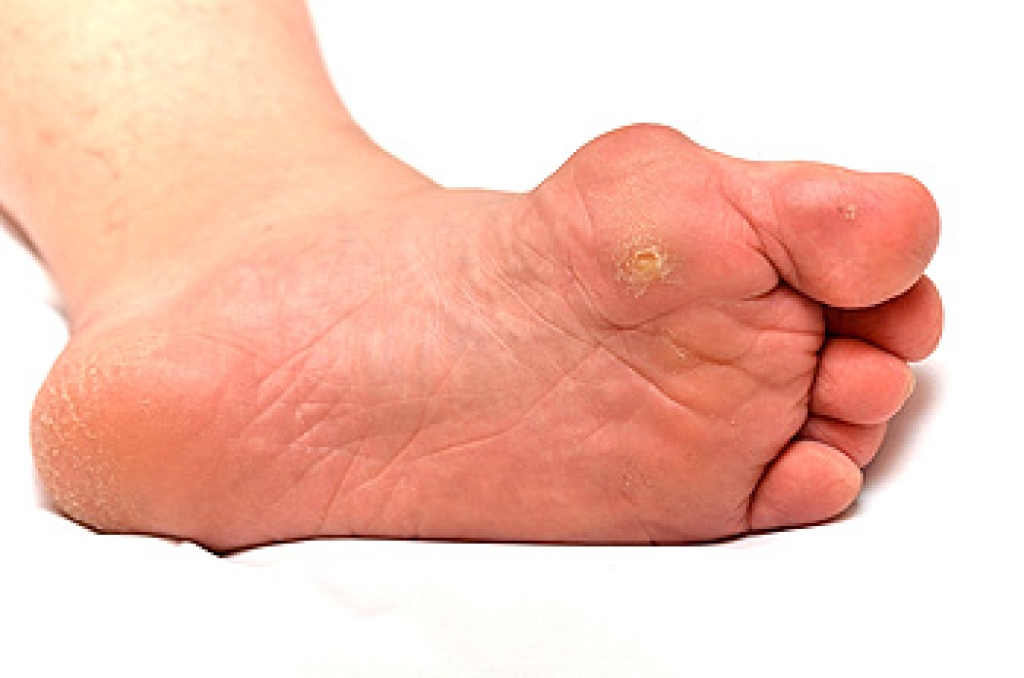 Pins and needles is a sensation that occurs when the blood supply to the nerves is cut off. This sometimes happens if you sit or sleep in an awkward position. This feeling normally goes away if you take the weight off the affected body part, which restores the blood supply to the nerves. This sensation is common in pregnancy, and if you are experiencing it in your feet, it may be a sign of gestational diabetes which is a temporary form of the condition that develops during pregnancy. Although pins and needles during pregnancy usually isn't worrisome, you may feel a burning sensation in your feet at times. Please consider scheduling a consultation with a podiatrist for any questions or concerns regarding pins and needles felt in the feet during pregnancy.
Pins and needles is a sensation that occurs when the blood supply to the nerves is cut off. This sometimes happens if you sit or sleep in an awkward position. This feeling normally goes away if you take the weight off the affected body part, which restores the blood supply to the nerves. This sensation is common in pregnancy, and if you are experiencing it in your feet, it may be a sign of gestational diabetes which is a temporary form of the condition that develops during pregnancy. Although pins and needles during pregnancy usually isn't worrisome, you may feel a burning sensation in your feet at times. Please consider scheduling a consultation with a podiatrist for any questions or concerns regarding pins and needles felt in the feet during pregnancy.
Pregnant women with swollen feet can be treated with a variety of different methods that are readily available. For more information about other cures for swollen feet during pregnancy, consult with one of our podiatrists from PA Foot & Ankle Associates. Our doctors will attend to all of your foot and ankle needs.
What Foot Problems Can Arise During Pregnancy?
One problem that can occur is overpronation, which occurs when the arch of the foot flattens and tends to roll inward. This can cause pain and discomfort in your heels while you’re walking or even just standing up, trying to support your baby.
Another problem is edema, or swelling in the extremities. This often affects the feet during pregnancy but tends to occur in the later stages.
How Can I Keep My Feet Healthy During Pregnancy?
- Wearing orthotics can provide extra support for the feet and help distribute weight evenly
- Minimize the amount of time spent walking barefoot
- Wear shoes with good arch support
- Wear shoes that allow for good circulation to the feet
- Elevate feet if you experience swelling
- Massage your feet
- Get regular, light exercise, such as walking, to promote blood circulation to the feet
If you have any questions, please feel free to contact one of our offices located in Allentown, Easton, Northampton, and Chew Street in Allentown, PA . We offer the newest diagnostic and treatment technologies for all your foot care needs.




